Sharon, also spelled Saron, is a given name as well as a Hebrew name.
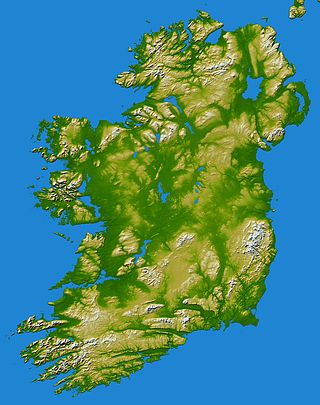
Erin is a personal name taken from the Hiberno-English word for Ireland, originating from the Irish word "Éirinn". "Éirinn" is the dative case of the Irish word for Ireland, "Éire", genitive "Éireann", the dative being used in prepositional phrases such as "go hÉirinn" "to Ireland", "in Éirinn" "in Ireland", "ó Éirinn" "from Ireland".

Bonnie is a Scottish given name and is sometimes used as a descriptive reference, as in the Scottish folk song, My Bonnie Lies over the Ocean or Bonnie Dundee about John Graham, 7th Laird of Claverhouse. It comes from the Scots language word "bonnie", or the French bonne (good). That is in turn derived from the Latin word "bonus" (good). The name can also be used as a pet form of Bonita.
Fiona is a feminine given name of Gaelic origins. It means white or fair, while the Irish name Fíona means 'of wine', being the genitive of fíon 'wine', from which the word fíniúin '(grape) vine' is derived. It was coined by Scottish writer James Macpherson. Initially, the name was confined to Scotland but later it gained popularity in other countries, such as Liechtenstein, Switzerland, Australia, Germany and Canada.

Renée is a French feminine given name and surname.

Darren is a masculine given name of uncertain etymological origins. Some theories state that it originated from an Anglicisation of the Irish first name Darragh or Dáire, meaning "oak tree". According to other sources, it is thought to come from the Gaelic surname meaning "great", but is also linked to a Welsh mountain named Moel Darren. It is also believed to be a variant of Darrell, which originated from the French surname D'Airelle, meaning "of Airelle". The common spelling of Darren is found in the Welsh language, meaning "edge": Black Darren and Red Darren are found on the eastern side of the Hatterrall Ridge, west of Long Town. In New Zealand, the Darran Mountains are in the south of the country.
Cheryl, occasionally spelt Cheryll, is a female given name common in English-speaking countries.

Sarah is a common feminine given name of Hebrew origin. It derives its popularity from the biblical matriarch Sarah, the wife of Abraham and a major figure in the Abrahamic religions. It is a consistently popular given name across Europe, North America, and the Middle East — being commonly used as a female first name by Jews, Muslims, and Christians alike, and remaining popular also among non-religious members of cultures influenced by these religions.
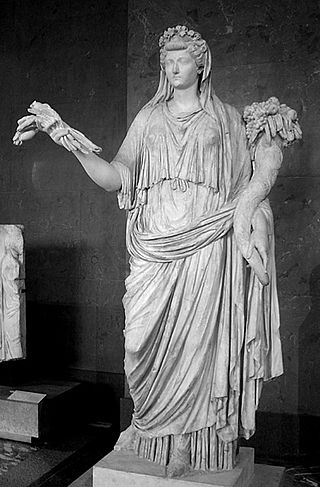
Patricia is a feminine given name of Latin origin. Derived from the Latin word patrician, meaning 'noble', it is the feminine form of the masculine given name Patrick. Another well-known variant is Patrice.
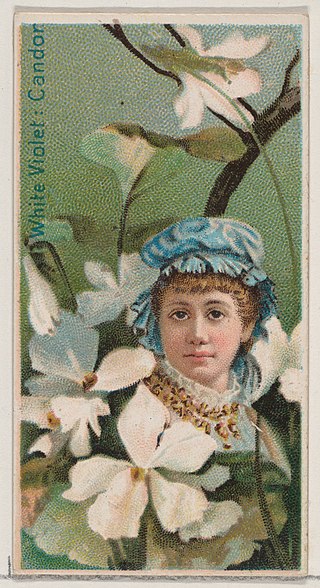
Violet is a female given name which comes from the eponymous flower. As with other such names, its popularity has varied dramatically over time. Flower names were commonly used from about 1880 through about 1910 in the United States, with usage dropping throughout the next 80 years or so; Violet was the 88th most frequent girls' given name in 1900, dropping below position 1000 by 1960. In 1990, the name appeared again in the top 1000 at position 289 and subsequently increased in popularity. It was the 20th most used name for newborn American girls in 2022. It rose rapidly in popularity for American girls born that year, one of several fashionable names that contain a letter v. In 2022, it was the 27th most popular name given to girls in Canada.
Lee is a unisex given name from the English word 'lee'. Also used as a surname as one of derivative spellings often confused with the Old English surname and given name leah, which evolved to 'leigh' in Middle English, and present day 'lea' of the same meaning.
Lindsay is both a Scottish surname and a given name. The given name comes from the Scottish surname and clan name, which comes from the toponym Lindsey, which in turn comes from the Old English toponym Lindesege for the city of Lincoln, in which Lind is the original Brittonic form of the name of Lincoln and island refers to Lincoln being an island in the surrounding fenland. Lindum Colonia was the Roman name of the settlement which is now the City of Lincoln in Lincolnshire. Lindum was a Latinized form of a native Brittonic name which has been reconstructed as *Lindon, which means "pool" or "lake" and refers to the Brayford Pool.

Morgan is a name of Welsh and Breton origin. Traditionally, it is a masculine-coded name in Wales and Brittany, but has been decoupled from its traditional gender outside of its regions of origin. It spread in popularity outside of Welsh and Breton communities during the past century, including in France, and in English-speaking countries worldwide. Morgan is also used as a surname, derived from the given name.
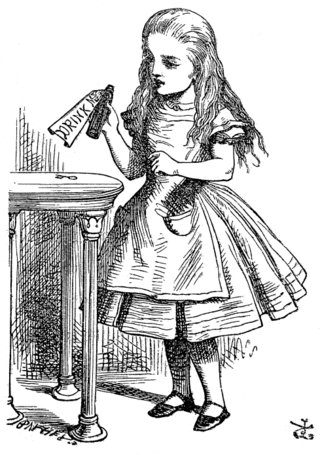
Alice is a feminine first name with roots in the French and German languages.
Wallace is a Scottish surname stemmed from the Anglo-Norman French Waleis "Welshman". It is a northern variant form of Gualeis "Welshman" ; adjectiv gualeis "Welsh" ; same as walois "the oil language".

Bridget is an Irish female name derived from the Gaelic noun brígh, meaning "power, strength, vigor, virtue". An alternative meaning of the name is "exalted one". Its popularity, especially in Ireland, is largely related to the popularity of Saint Brigid of Kildare, who was so popular in Ireland she was known as "Mary of the Gael". This saint took on many of the characteristics of the early Celtic goddess Brigid, who was the goddess of agriculture and healing and possibly also of poetry and fire. One of her epithets was "Brigid of the Holy Fire". In German and Scandinavian countries, the popularity of the name spread due to Saint Bridget of Sweden.

Jennifer, also spelled Jenifer or Jenefer, is a feminine given name, the Cornish form of Guinevere, that became popular in the English-speaking world in the 20th century.

Freya is an Old Norse feminine given name derived from the name of the Old Norse word for noble lady (Freyja). The theonym of the goddess Freyja is thus considered to have been an epithet in origin, replacing a personal name that is now unattested.
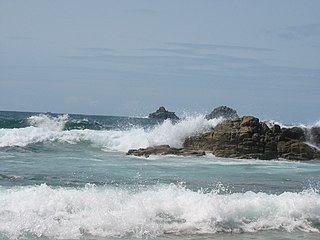
MurielMURE-ee-əl is a feminine given name in the English language.

April is a feminine given name taken from the month of the same name. It was the most popular month name given to girls in the United States between 1960 and 2000. It was most well used in the Southern United States, where the spring season begins earlier than other regions of the country. The name is believed to have been particularly well-used because April is a month associated with renewal. The name has since declined in usage in English-speaking countries, but remains in regular use.













